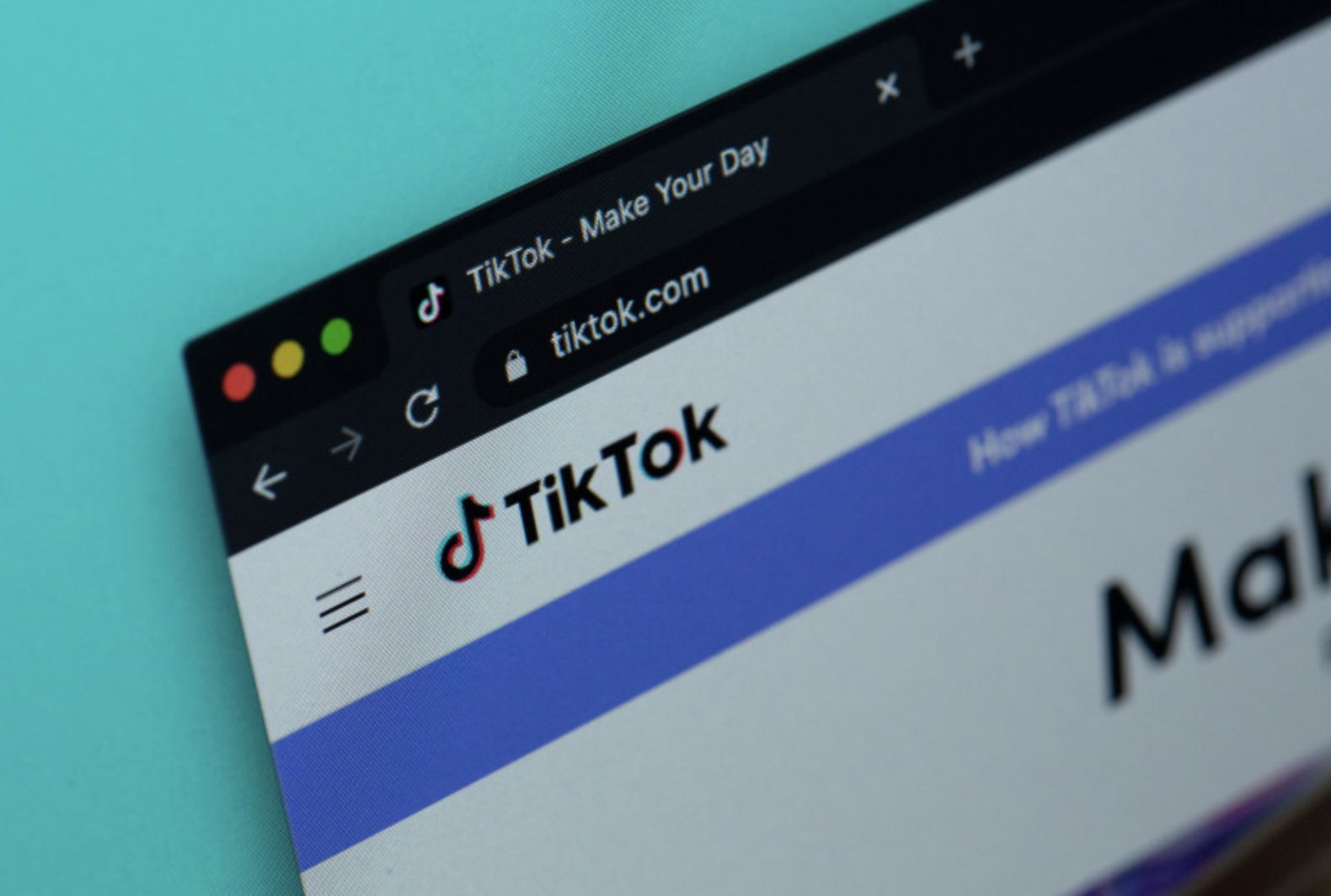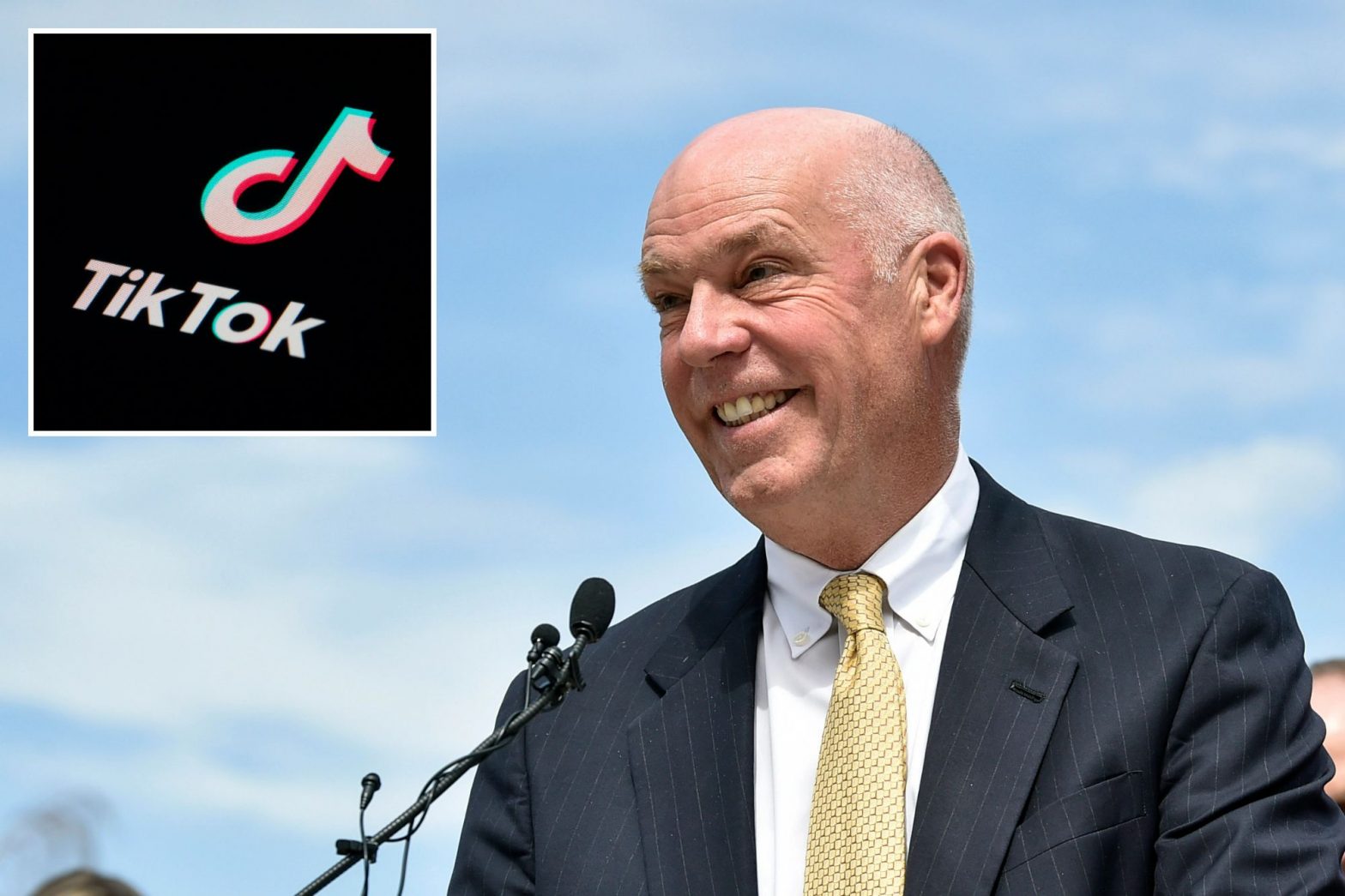Introduction: In a groundbreaking move, TikTok, the popular short-form video app, has filed a lawsuit against the state of Montana over a recently signed bill that seeks to ban the platform within its borders. The social media giant argues that the ban infringes upon the rights guaranteed by the US Constitution, including the First Amendment, and violates federal laws. TikTok further asserts that concerns regarding the Chinese government’s access to user data are unfounded. This legal challenge by TikTok highlights the difficulties faced by lawmakers in regulating the platform and sets the stage for a significant legal showdown.
Background:
The controversy surrounding TikTok stems from its connection to its parent company, ByteDance, based in China. US officials have expressed apprehensions that the Chinese government may exploit TikTok’s data to engage in spying activities. Despite the absence of concrete evidence supporting such claims, several federal lawmakers have voiced support for banning the platform. Montana, however, has gone beyond other states by passing a bill that not only restricts TikTok on government devices but seeks to entirely prohibit its use by individuals.
TikTok’s Allegations:
TikTok’s legal complaint contends that Montana’s ban is unconstitutional and impinges upon free speech rights. The app has become an integral means of communication for “hundreds of thousands” of users in Montana, facilitating discussions on diverse topics ranging from business to politics to the arts. The complaint also argues that the ban is founded on baseless speculation about foreign government access to user data, making it inconsistent with the principles enshrined in the constitution.

Montana’s Defense:
Montana’s Attorney General’s office has expressed preparedness to defend the ban, emphasizing that it is intended to safeguard the privacy and security of Montanans. However, legal and technology experts are quick to point out the challenges in enforcing such a ban. Given the nature of the internet and the widespread availability of virtual private networks (VPNs), preventing users from accessing TikTok may prove impractical.
Implications and Potential Outcomes:
TikTok’s legal challenge presents a pivotal moment in the ongoing debate surrounding the platform’s regulation in the United States. The outcome of this case could set a precedent for future attempts to ban or restrict TikTok. If TikTok’s lawsuit is successful, it could weaken the legitimacy of state-level bans and reinforce the argument that the platform is protected by the First Amendment. Conversely, if Montana prevails, it may embolden other states to adopt similar measures, raising concerns about the fragmentation of internet regulation and its impact on free speech.
Conclusion:
The clash between TikTok and the state of Montana signifies a larger struggle to strike a balance between protecting national security and preserving individual freedoms. As the legal battle unfolds, the court’s decision will not only have far-reaching implications for TikTok but will also shape the contours of internet governance in the United States. Both sides have robust arguments, making this case a significant milestone in the ongoing debate over the regulation of emerging social media platforms.
©world-news.biz
